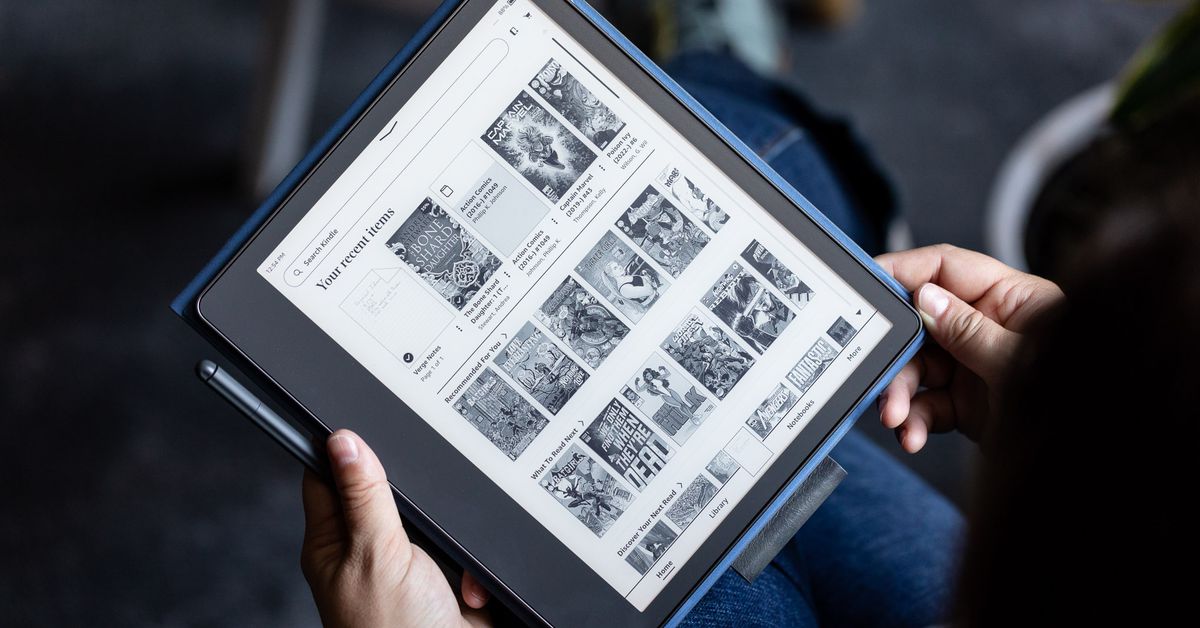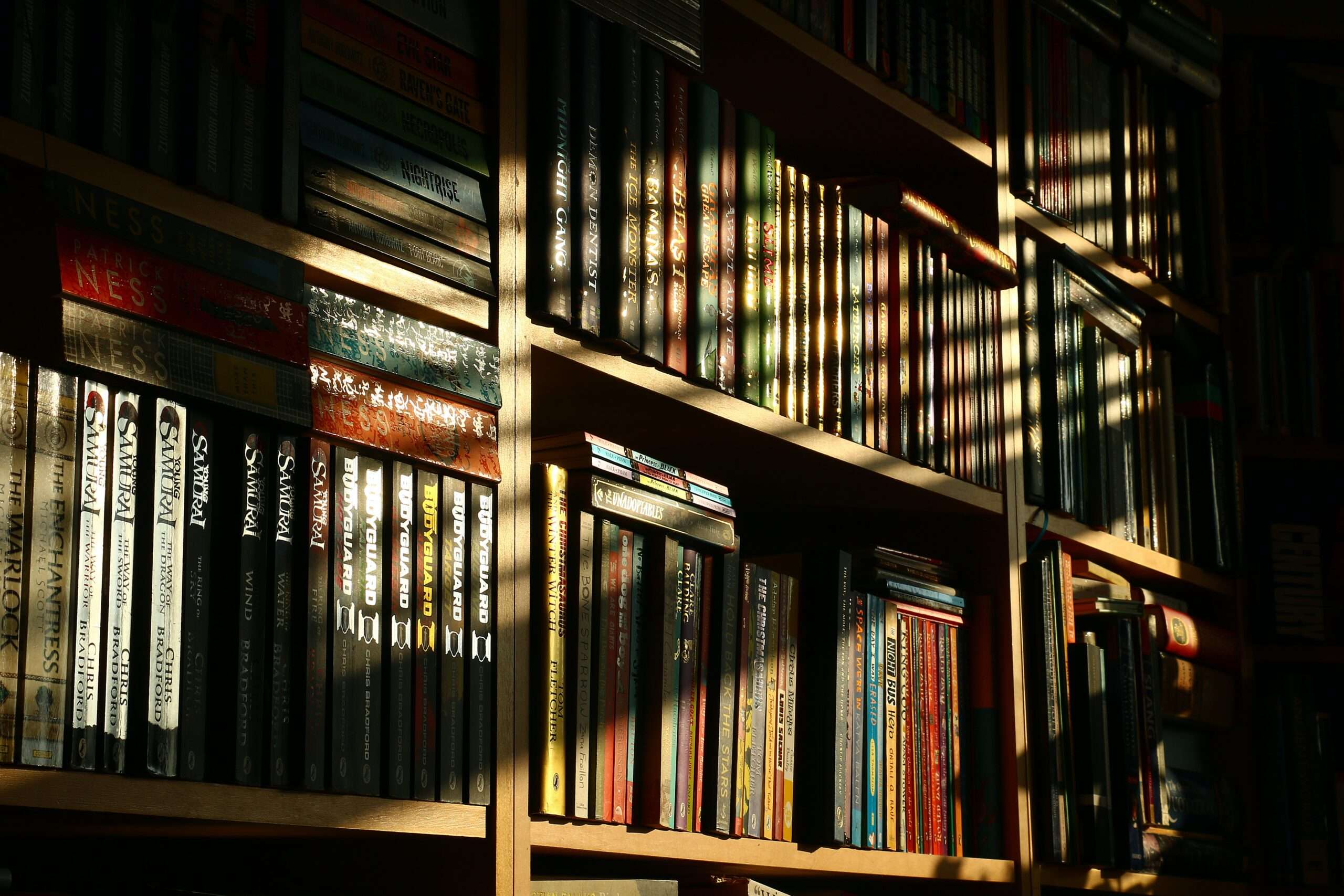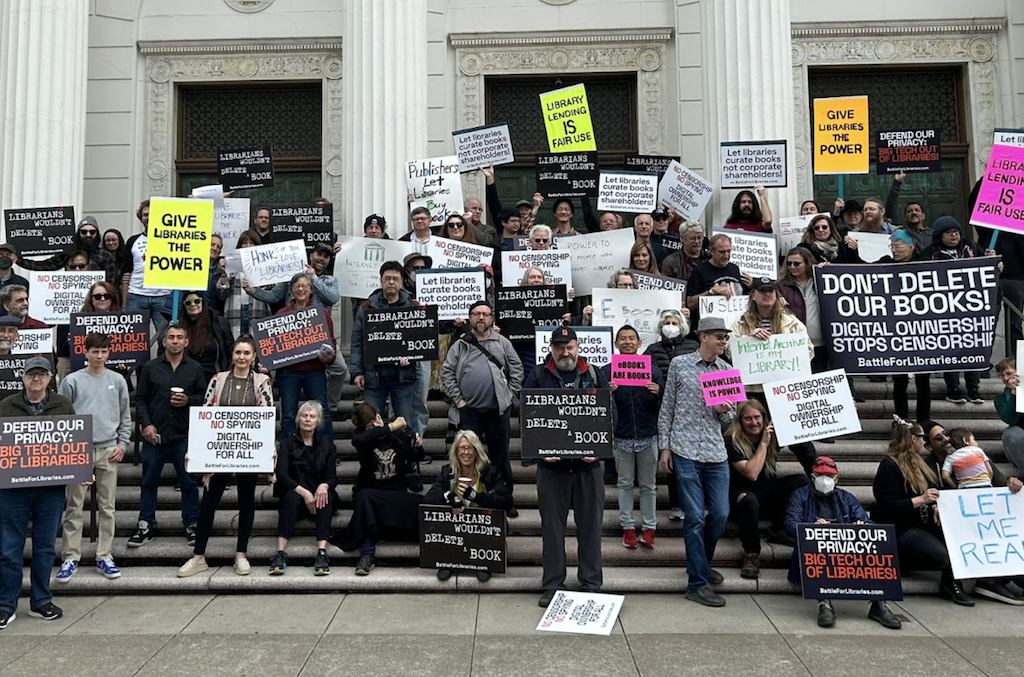- Messages
- 33,809
- Reaction score
- 5,744
- Points
- 288
From the link:
Book publishers and the Internet Archive will face off today in a hearing that could determine the future of library ebooks — deciding whether libraries must rely on the often temporary digital licenses that publishers offer or whether they can scan and lend copies of their own tomes.
At 1PM ET, a New York federal court will hear oral arguments in Hachette v. Internet Archive, a lawsuit over the archive’s Open Library program. The court will consider whether the Open Library violated copyright law by letting users “check out” digitized copies of physical books, an assertion several major publishers made in their 2020 suit. The case will be broadcast over teleconference, with the phone number available here.
Read the rest:

 www.theverge.com
www.theverge.com
Book publishers and the Internet Archive will face off today in a hearing that could determine the future of library ebooks — deciding whether libraries must rely on the often temporary digital licenses that publishers offer or whether they can scan and lend copies of their own tomes.
At 1PM ET, a New York federal court will hear oral arguments in Hachette v. Internet Archive, a lawsuit over the archive’s Open Library program. The court will consider whether the Open Library violated copyright law by letting users “check out” digitized copies of physical books, an assertion several major publishers made in their 2020 suit. The case will be broadcast over teleconference, with the phone number available here.
Read the rest:

The Internet Archive is defending its digital library in court today
You can listen in via teleconference.



